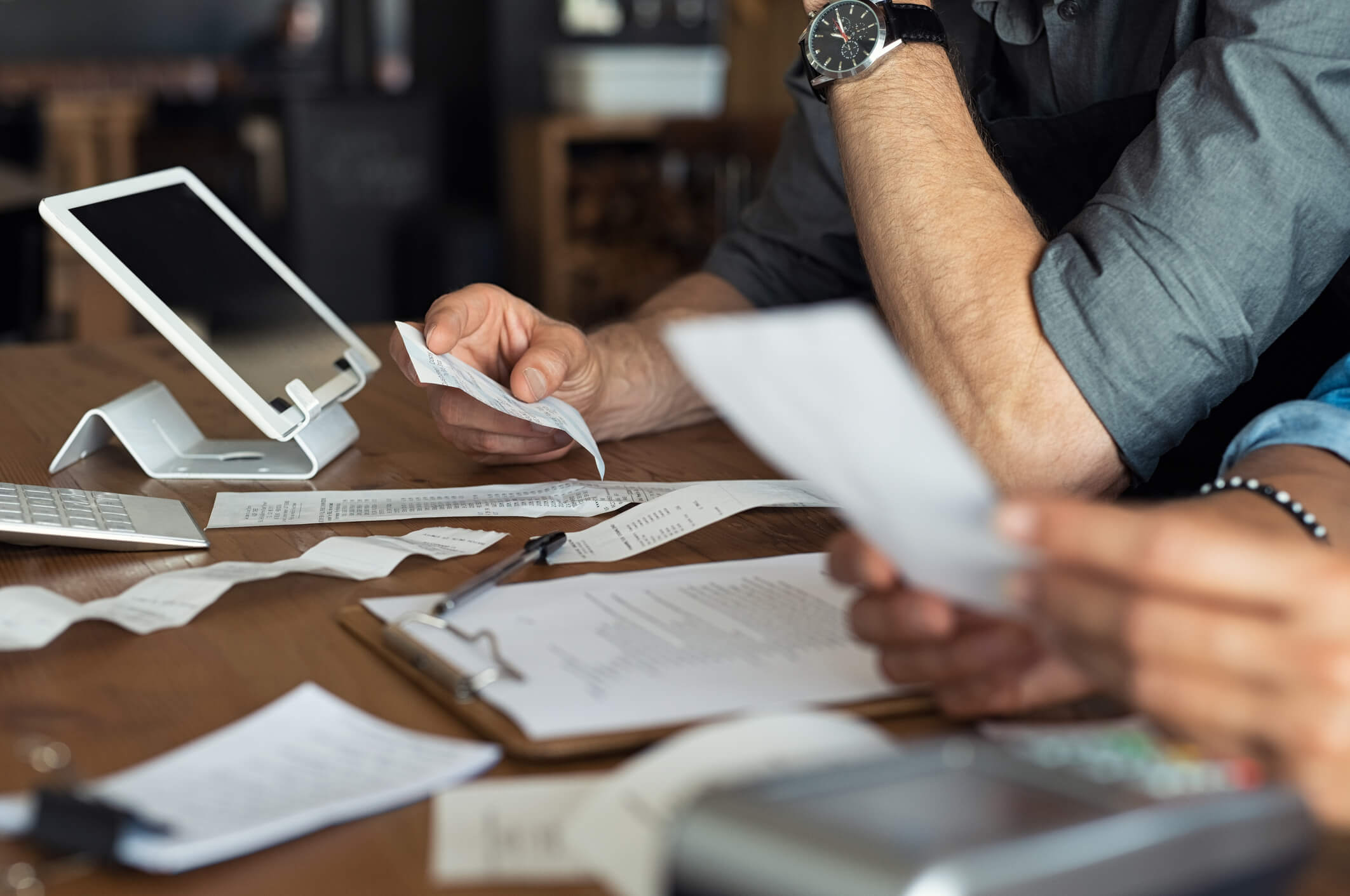Being good at managing money is much more than just making ends meet. For this purpose, you don’t have to be a mathematician; you only need to know the basic rules for addition and subtraction. It refers to utilizing your budget correctly and balancing your checking and saving accounts to decide whether you can make additional purchases. Remember that it isn’t just about the initial expenses but also the utilities you must pay timely.

Tips for Managing Your Expenditures
If you’re struggling with managing your cash, here’s a list of valuable tips that might help you enhance your financial habits.
Organizing a budget
Many individuals don’t prefer organizing a budget as they rely more on assumptions. You don’t have to make excuses if you struggle with calculating the expenses. Preparing a monthly budget helps you differentiate between the most important and unimportant elements. So, instead of focusing on the tiring procedure of creating a budget, concentrate on the value that budgeting brings you.
Utilizing the budget
Your budget is futile if you create it but forget to use it best. A budget helps you proceed financially throughout the month and guide spending decisions. Update it occasionally after paying for the utilities and other additional expenditures. You might have to make an urgent purchase during the month, so you must always leave a little room for such expenses.
Track your spending
Small purchases are frequent; before acknowledging it, you’ve already crossed your budget limit. To avoid this, you must start tracking your expenses to discover areas where you might be spending unknowingly. You can also save the cash receipts and record your purchases by categorizing them in a journal to identify the areas where you’ve been overspending quickly.

Limit your credit card usage
Credit cards allow you to shop when you run out of money. You assume it to be a lifesaver during such a time without considering the financial consequences. Frequently, while opting for credit cards, we forget to realize whether we can afford to pay the balance. Review your expenditures for charges like these, and prefer canceling the insignificant subscriptions to stick around with more money each month. Resist the urge to utilize your credit cards for purchases you can’t make, especially if you don’t need them at the moment.
Bring in the saving habit
Undoubtedly, savings never go in vain as they aid us financially during the most crucial times. Depositing a tiny amount of monthly money into the savings account can help you maintain a constant saving habit. You can even organize it, so the money is reflexively transferred from your checking account to your savings. In this way, whether you remember to make the transfer or not, it will happen automatically. If you’re unaware of your monthly expenditures, there’s a good possibility that your spending habits have room for improvement.

Make investment strategies
Even if your sense of investment is minor, tiny contributions to investment accounts make significant differences by utilizing your earned money to generate more revenue. For this purpose, consider opening a retirement account or any other feasible one. The path to better financial conditions begins with modifying your spending habits. Some of these modifications will be easier than others. Meanwhile, you’ll be generating extra money. Still, if you stay dedicated to this transformation, you’ll learn excellent money management skills that will serve you throughout your life.
Set your desires within the budget
There’s no use of a strict budget based on drastic alterations such as never eating out with friends to save extra pennies. Remember that everyone deserves a little amusement occasionally to feel lively. If you’re working eight hours a day, you can easily create a budget that aligns with your lifestyle and spending habits. Also, you should utilize your set budget to adapt to better spending habits, including cooking at home more often. For me, that’s the only feasible way of doing money management work. About Complete Controller® – America’s Bookkeeping Experts Complete Controller is the Nation’s Leader in virtual bookkeeping, providing service to businesses and households alike. Utilizing Complete Controller’s technology, clients gain access to a cloud platform where their QuickBooks™️ file, critical financial documents, and back-office tools are hosted in an efficient SSO environment. Complete Controller’s team of certified US-based accounting professionals provide bookkeeping, record storage, performance reporting, and controller services including training, cash-flow management, budgeting and forecasting, process and controls advisement, and bill-pay. With flat-rate service plans, Complete Controller is the most cost-effective expert accounting solution for business, family-office, trusts, and households of any size or complexity.
About Complete Controller® – America’s Bookkeeping Experts Complete Controller is the Nation’s Leader in virtual bookkeeping, providing service to businesses and households alike. Utilizing Complete Controller’s technology, clients gain access to a cloud platform where their QuickBooks™️ file, critical financial documents, and back-office tools are hosted in an efficient SSO environment. Complete Controller’s team of certified US-based accounting professionals provide bookkeeping, record storage, performance reporting, and controller services including training, cash-flow management, budgeting and forecasting, process and controls advisement, and bill-pay. With flat-rate service plans, Complete Controller is the most cost-effective expert accounting solution for business, family-office, trusts, and households of any size or complexity.




